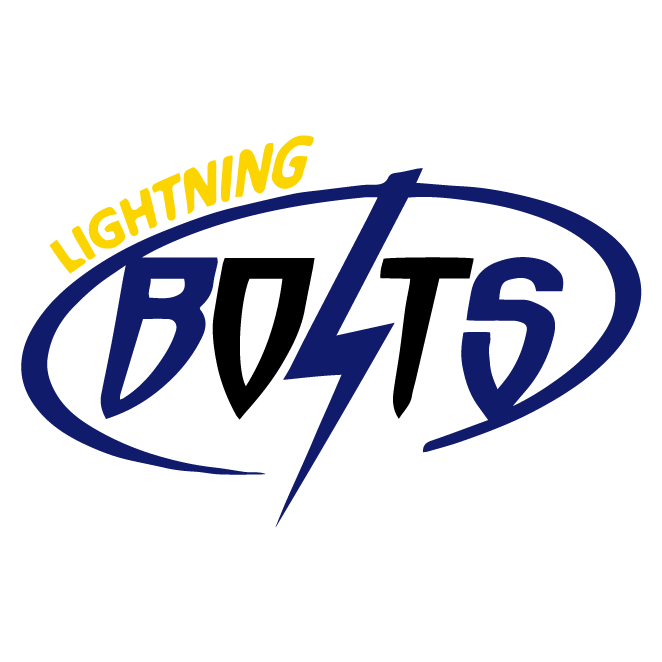Skip to contentFacebook
Home
STAFF
Attendance
Support Services
School Wellness
Families
Food Services
Special Education
Student and Parent/Guardian Handbook 2023-2024
Photos
PTO
Library Media Center
Faculty and Staff Handbook
PSS Curriculum
Title I
Preschool
Technology
PSS Calendar
School Safety
Calendars
Show submenu for
